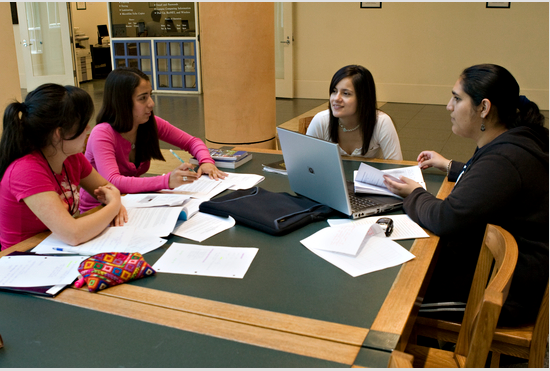The rapid changes in the global economy, technology, transportation systems and immigration policies have made the world we are living in today an increasingly intersecting global village. California, for example, has become far more culturally diverse than ever before. As a result, direct contact with culturally different people in our communities, schools, workplaces and even families has become an almost inescapable part of our lives. The study of intercultural communication is about acquiring the necessary knowledge and communication skills to manage cultural differences appropriately and effectively so that we are better able to accomplish our personal, social and professional goals. Studying intercultural communication is also about developing a creative mindset to see things from different angles without rigid pre-judgment. It will not only raise our awareness of who we are but also some of our subconscious, deeply rooted assumptions and values, including those that are somewhat biased or flawed.
Bo Feng

FACULTY |
Bo Feng, Ph.D. |
UNITS |
4 |
PREREQUISITES |
CMN 101, CMN 102, CMN 134 |
QUARTERS |
Varies from year to year; offered at least once a year. |
DESCRIPTION |
The purpose of this course is to expand your understanding of the role of culture in shaping the ways in which we communicate with and relate to others. Culture can be broadly defined as a system of taken-for-granted assumptions about the world that influences how we think, feel and act. This course will introduce you to major theories and concepts of intercultural communication from a variety of perspectives, and we will look at many of the different processes that make up cultural differences, and examine how these theories and concepts can guide us to communicate competently in intercultural communication settings. In addition, we will engage in critical discussions about the role of culture and communication in (re)constructing the collective human reality. A variety of topics related to intercultural communication, including verbal and nonverbal language, identity, stereotypes, intercultural transition and intercultural conflicts, will be covered |
